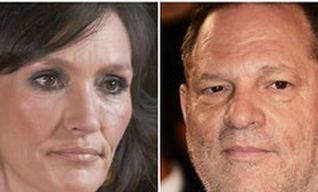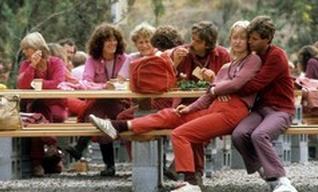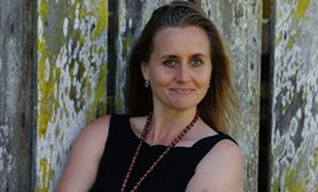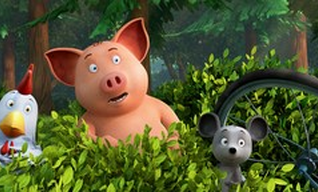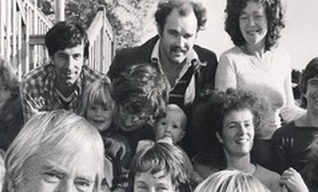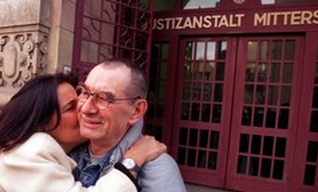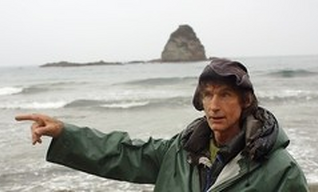Anke Richter
Christchurch
-
Noch keine BeiträgeHier wird noch geschrieben ... bitte schaue bald nochmal vorbei
Anke Richter
-
neuseeland
-
reportagen
-
kolumnen
-
buecher
Neuseeland
Anke Richter schreibt seit 2003 aus Neuseeland. Sie begann ihre Laufbahn in einem Korrespondentenbüro in Los Angeles und war Zeitungsreporterin, Max-Redakteurin und Playboy-Autorin. Sie arbeitete für TV-Talkshows (Willemsen und Beckmann),
Bücher
Aussteigen auf Zeit. Das Sabbatical-Handbuch (vgs Egmont)
200 Tage in Tokelau. Bericht aus einem sinkenden Paradies (vgs Egmont)
Was scheren mich die Schafe. Unter Neuseeländern - Eine Verwandlung (Kiepenheuer & Witsch)
Völlig utopisch. 17 Beispiele einer besseren Welt (zusammen mit den Weltreportern, Pantheon Verlag)
Netzwerke
Anke Richter ist das südlichste Mitglied im Korrespondentennetzwerk Weltreporter. Sie gehört zur New Zealand Society of Authors (NZSA) und zur Kiwi Journalists’ Association.
Fehler!
Leider konnte der Artikel nicht gefunden werden.
We can't find the internet
Attempting to reconnect
Something went wrong!
Hang in there while we get back on track

